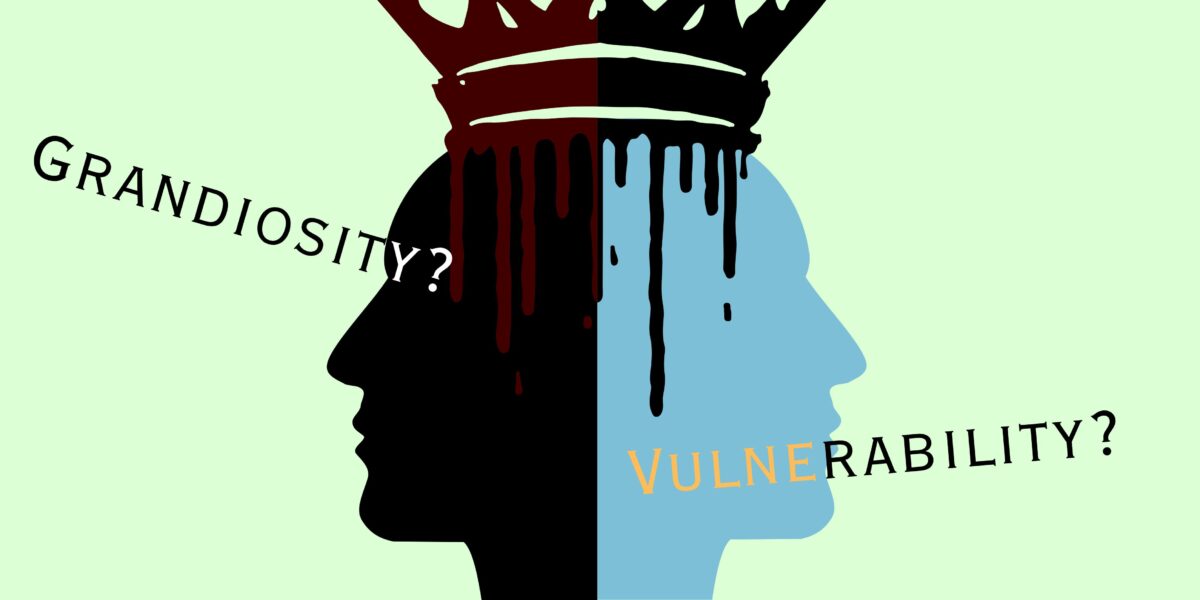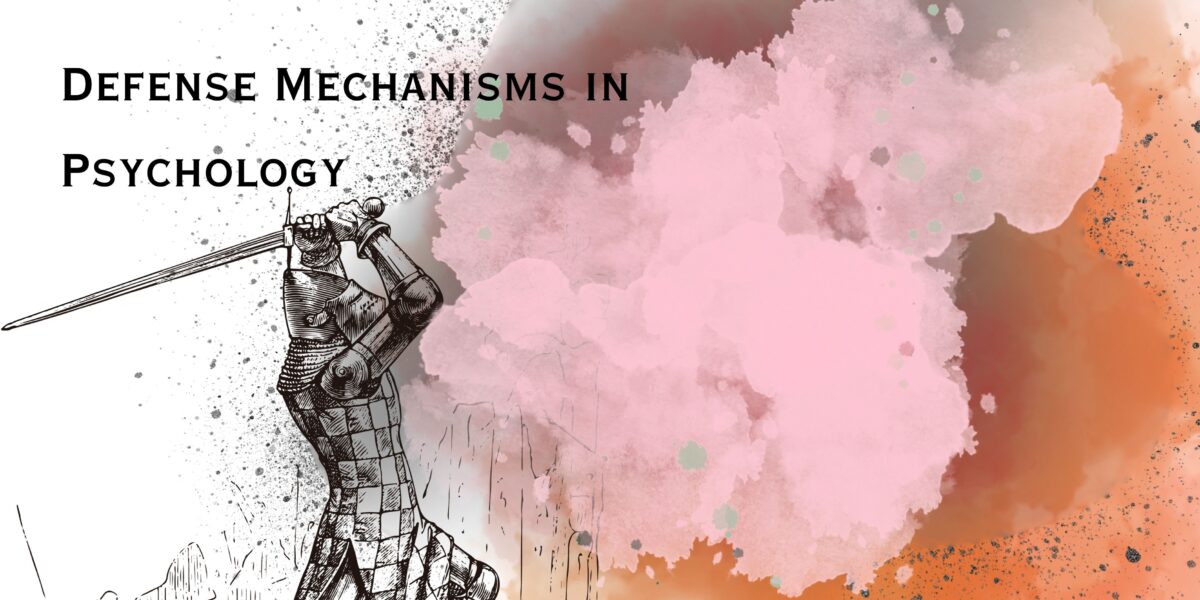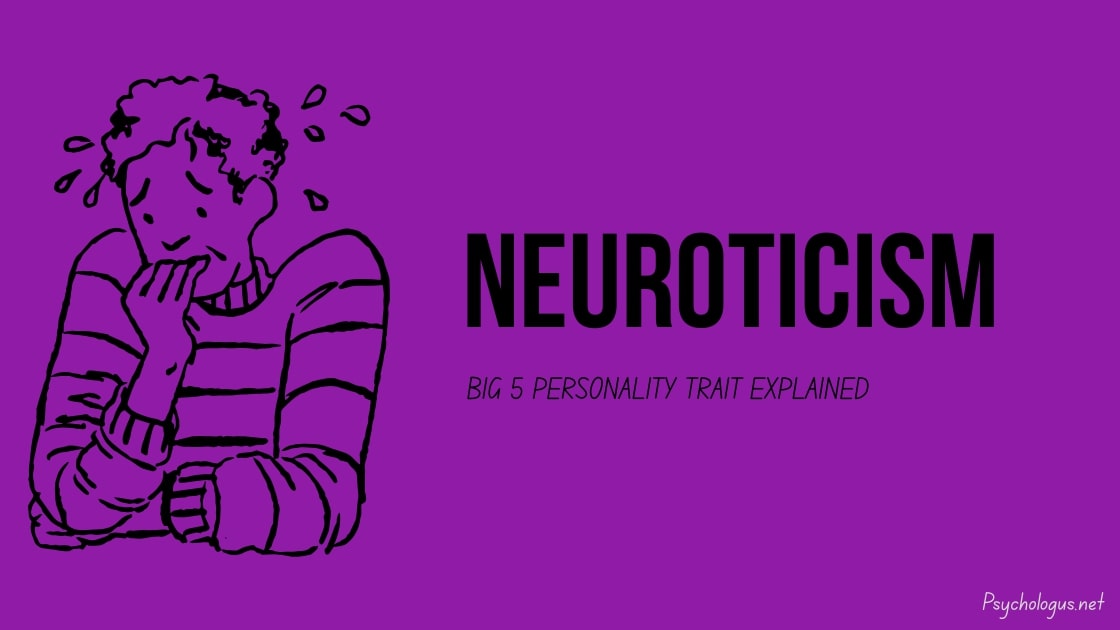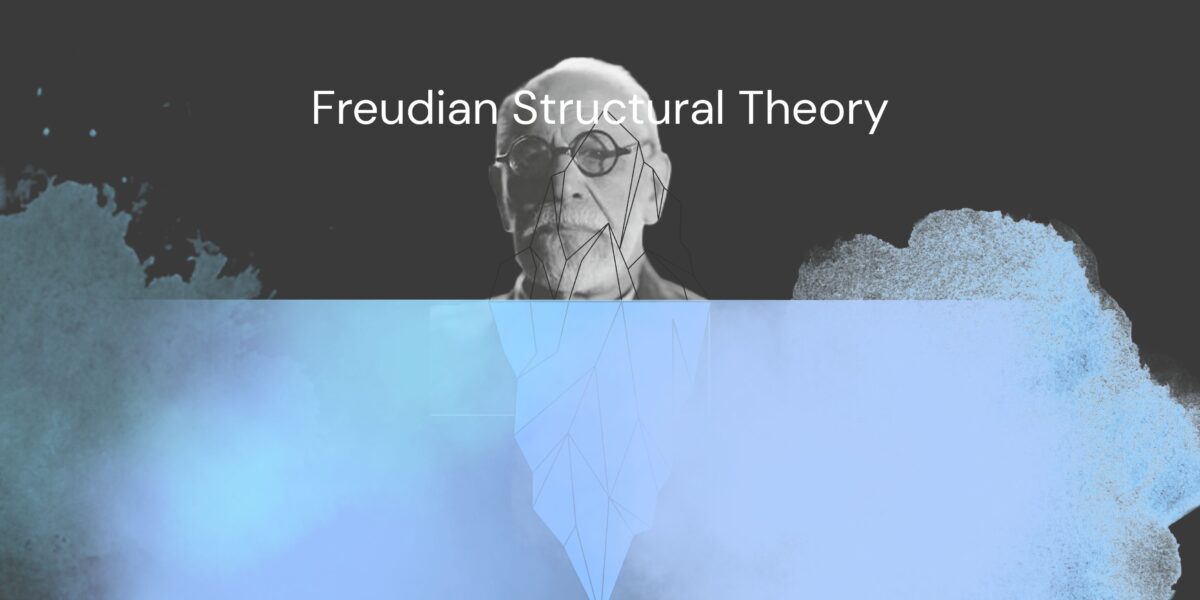-

Grandiose Narcissism vs Vulnerable Narcissism: What’s the Real Difference?
When most people hear the word narcissist, they picture someone loud, arrogant, and obsessed with admiration. The confident boss who can’t take criticism. The partner who always needs to win. The friend who somehow turns every conversation back to themselves. Recent depictions of narcissism often circle around serial killers like Joe Goldberg or Patrick Bateman…
-

Inside Eren Yeager’s Philosophy: A Psychological Character Analysis
Attack on Titan (Shingeki no Kyojin), written and illustrated by Hajime Isayama, is one of the most psychologically ambitious manga series of the 21st century. Serialized from 2009 to 2021, it began as a post-apocalyptic survival story: humanity confined within massive walls, besieged by grotesque humanoid Titans. Yet as the narrative expanded, the series transformed…
-

10 Defense Mechanisms the Mind Uses to Cope with Anxiety, Guilt, and Fear
What Are Defense Mechanisms in Psychology? Defense mechanisms are unconscious psychological processes that protect the individual from overwhelming emotions such as anxiety, shame, guilt, and fear. They operate automatically, shaping how reality, internal impulses, or emotions are experienced. Rather than eliminating conflict, defense mechanisms manage it internally. Hence, they hold a high importance in psychodynamic…
-

Neuroticism: definiton, traits, causes and assessment
Neuroticism is one of the most important personality traits for understanding how people respond to stress, uncertainty, and emotional challenges. Let’s first look at a comprehensive definition of neuroticism. Neuroticism represents the tendency of someone to experience negative emotions such as depression, anxiety, hostility, shame, stress, anger, irritability, and self-doubt more than others. It is…
-

The Nameless Monster: An Analysis of Johan Liebert’s Psychology and Personality
Monster is a fascinating anime that follows the story of a genius neurosurgeon Dr. Tenma and how his act of saving a young patient Johan Liebert alters the course of not just his own story but the story of many others. It is a unique anime that deals with the topic of nihilism in a…
-

The Id, Ego & Superego: Freud’s Structural Theory of Desire, Decision, and Discipline
Introduction: Why We Feel Pulled in Different Directions You want to eat the cake – but you also want to stay healthy. You want to quit your job and pursue something meaningful – but you also crave stability. You want to speak your mind – but you also worry about how others will perceive you.…
-

The Psychodynamics of Jay Gatsby: A Psychological Character Analysis and Personality Profile
Jay Gatsby is a character originally from the tragedy novel “The Great Gatsby” by author F. Scott Fitzgerald, published in 1925. He is described as a mysterious man who shrouds himself with an extravagant exterior – but an overly ambiguous history and an even more withheld romantic life. Over the years, there have been two…
-

The Psychology of Thomas Shelby: A Psychological Character Analysis
Peaky Blinders is a British crime drama that first aired in September 2013 and concluded in April 2022, spanning six seasons and following the rise of the Shelby family from street bookmakers to political power brokers in early 20th-century Birmingham. Across its nine-year run, the series became known for its striking cinematography and historical atmosphere.…
-

A Psychological Character Analysis of Light Yagami: Narcissism, Power, and the Making of Kira
Light Yagami is a complex antihero of the famous Japanese anime series ‘Death Note’ (running from 2006-2007). The anime features a story of how a high school student (Light) comes across a notebook that allows the person using it to kill someone by writing their name on it and visualizing a real image of them…
-

Understanding Lou Bloom: A Character Analysis and Personality Profile of Nightcrawler’s Antihero
Lou Bloom (from Nightcrawler, played by Jake Gyllenhaal) is a unique portrayal of a psychopath. He is indeed a morally vacuous character. But more than that, he is the embodiment of a mind conditioned to see the world – and himself – as machinery to be optimized. Not unlike the popular perception of many incredibly…
-

How to Stop Being Too Nice
Being ‘nice’ is generally not an issue. Most people do like polity and someone who is soft-spoken. Indeed, psychological research shows that someone who is high in agreeableness (one of the big 5 personality traits) is more likely to have a healthier intimate relationship with their partner. However, being a ‘nice guy’ in an environment…
-

Inside the Mind of Joe Goldberg: A Psychological Character Analysis of Personality Issues and Trauma
Joe Goldberg, the infamous protagonist of Netflix’s You, has captivated and horrified audiences with his chilling charm and obsessive pursuit of love (to put it mildly). But underneath Joe’s excessive behaviors (mostly stalking, killing, manipulating) lies a psyche shaped by trauma. By looking at Joe’s beliefs about himself, others, and the world, I hope to…

